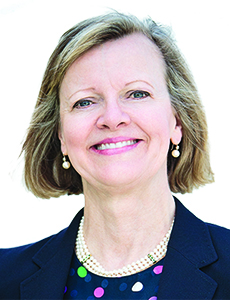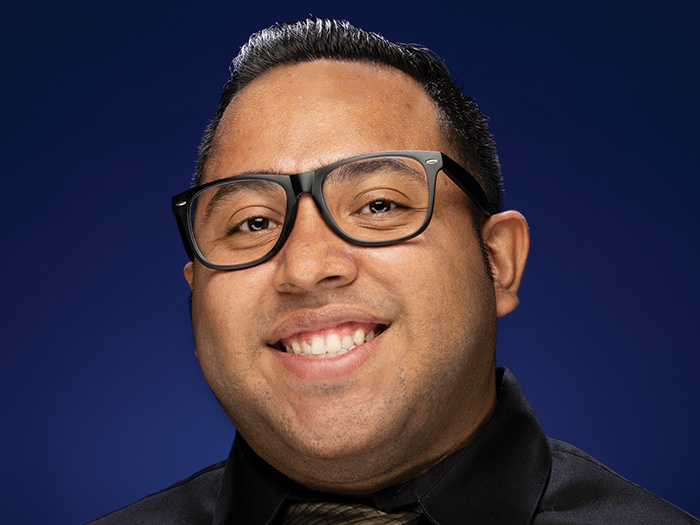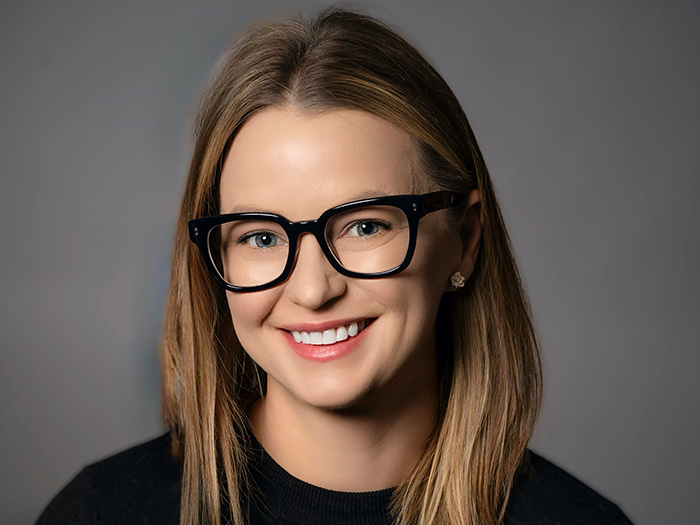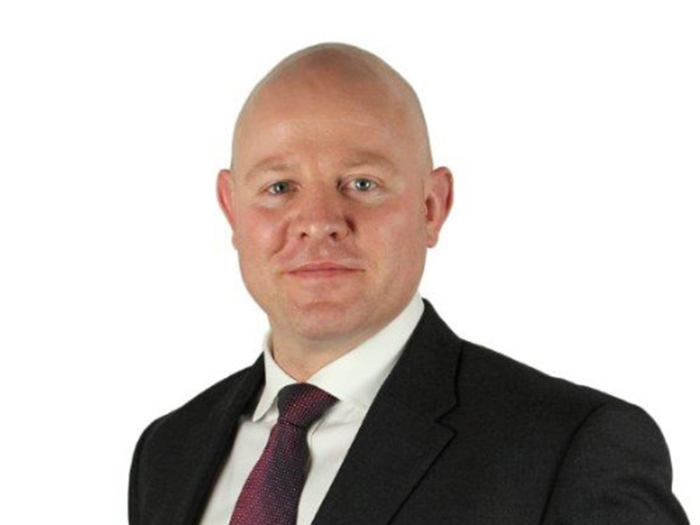Risk Management
The Profession
R&I: What was your first job?
My first job during high school was as a salesperson at the department store, Montgomery Ward. After college, my first career job was as a commercial real estate lender at Continental Bank in Chicago, which was then the seventh largest bank in the country.
R&I: How did you come to work in risk management?
In 1997, I became chief risk officer of GE Capital’s railcar leasing business, GE Capital Railcar Services.
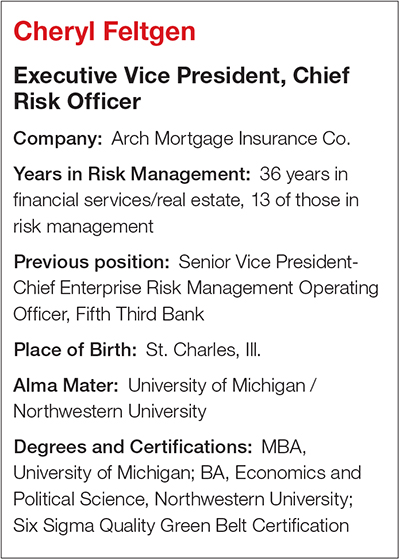 A headhunter reached out to me in late 1996. The chief risk officer of GE Capital liked my analytical skills and banking background, and the CEO of the railcar leasing business liked that I had been an entrepreneur investing my own money in real estate transactions. At GE, I learned how to use data and analytics to make better business decisions.
A headhunter reached out to me in late 1996. The chief risk officer of GE Capital liked my analytical skills and banking background, and the CEO of the railcar leasing business liked that I had been an entrepreneur investing my own money in real estate transactions. At GE, I learned how to use data and analytics to make better business decisions.
R&I: What is the risk management community doing right?
Risk management has become an integral part of the business processes and strategic planning of companies. In forward-thinking companies like Arch, risk management has a seat at the table.
R&I: What could the risk management community be doing a better job of?
It could better convey to everybody in a company that they all have a role in risk management. There’s an inclination to think risk management is only done by the risk management department, but actually everybody has a role in risk management. Embracing that concept drives an appropriate risk culture and ensures resiliency.
Cyber risk is an emerging risk that gets a lot of attention, but in the mortgage industry, I am concerned that as the housing crisis recedes, the industry may allow some undisciplined practices to slip back in.
R&I: What’s been the biggest change in the risk management and insurance industry since you’ve been in it?
Better analytics and an understanding of the importance of stress-testing your portfolio to make sure your company can withstand extreme events.
R&I: What emerging commercial risk most concerns you?
Cyber risk is an emerging risk that gets a lot of attention, but in the mortgage industry, I am concerned that as the housing crisis recedes, the industry may allow some undisciplined practices to slip back in. A healthy housing market and economy requires that we not let that happen.
R&I: How much business do you do direct versus going through a broker?
We originate all our business directly with our customers who are banks, credit unions and mortgage companies.
R&I: Are you optimistic about the U.S. economy or pessimistic and why?
I am cautiously optimistic since No. 1, the economy has created three million net new jobs over the past 12 months and going forward, another two to three million jobs could be created over the next year. No. 2, consumers have been saving more of their extra pocket money, but spending is likely to pick up with employment growing.
And No. 3, residential construction will likely rise 10 to 15 percent a year over the next few years.
My caution is external shocks like conflicts and an economic slowdown could set things back, at least temporarily. As Warren Buffet once said: “It’s never paid to bet against America. We come through things, but it’s not aways a smooth ride.”
R&I: Who is your mentor and why?
I’ve had teachers who taught me the importance of a good education and managers, particularly at GE, who taught me great leadership skills and to have the courage to stretch myself and try new things.
Also my father, who was legally blind but accomplished many things in his life, taught me to never give up and to find joy in life. Finally, my husband and partner who’s been enormously supportive of me and my careeer.
R&I: What have you accomplished that you are proudest of?
In my 36-year career I have successfully navigated several economic cycles and have been able to mentor many young women, all while achieving a balance between my professional and personal lives.
R&I: How many emails do you get in a day?
More than I would like.
R&I: How many do you answer?
The important ones.
R&I: What’s your favorite book?
“Personal History,” the autobiography of former “Washington Post” publisher Katharine Graham. The book provides a great example of courage and doing things she never thought possible. I had the good fortune of meeting Ben Bradlee, the former editor of the “Washington Post” under her leadership, and he gave me additional insight into the extraordinary person that she was.
R&I: What’s the best restaurant you’ve ever eaten at?
It’s called Rock House on Harbour Island in the Bahamas.
R&I: What is your favorite drink?
Champagne. It’s right for every occasion.
R&I: What is the most interesting place you have ever visited?
My great-grandfather on my father’s side emigrated from Luxembourg in the late 1800s. After my father died a few years ago, I traveled to Luxembourg to meet my father’s second cousin.
He introduced me to my whole extended family and brought me to the town where my great-grandfather was born and to the church where he was baptized. It was very special.
R&I: What is the riskiest activity you ever engaged in?
I once skied with my colleagues down a double Black Diamond slope as only a novice skier — and I survived.
R&I: If the world has a modern hero, who is it and why?
Nelson Mandela. He is an inspiration on the healing power of forgiveness and of strong leadership.

